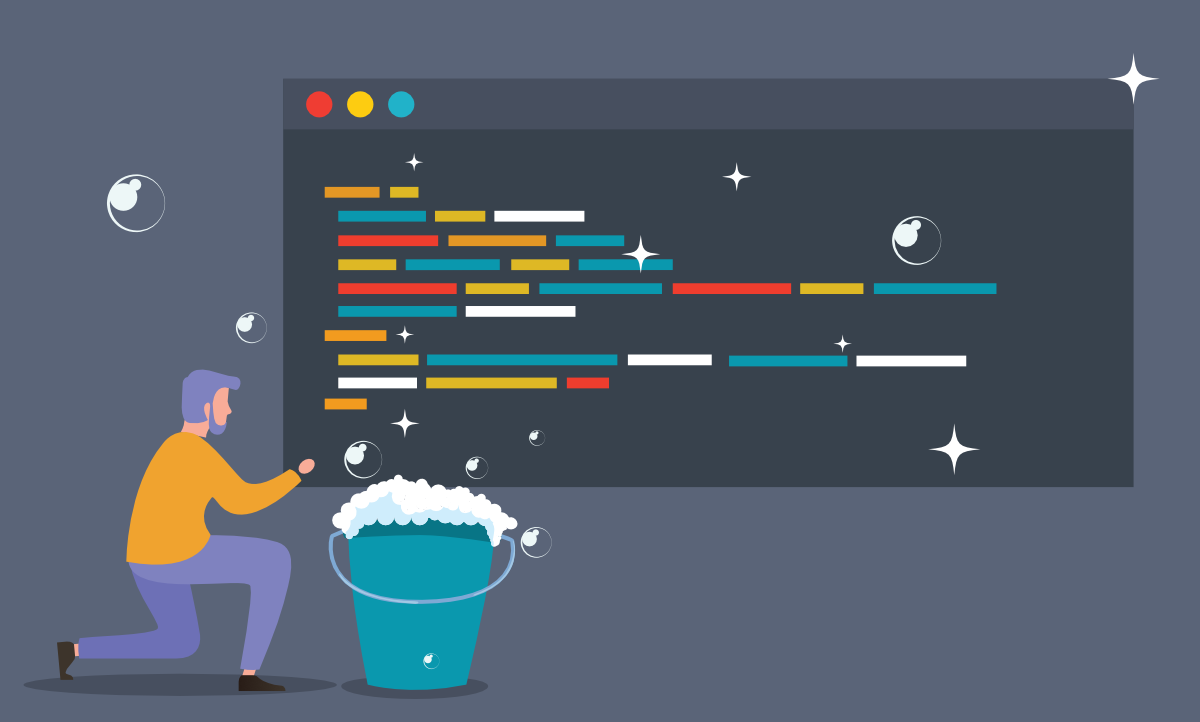
Arsen Tabaku
Software Engineer
Designed with ❤ from me. 😊

🪶 NestJS Mastery: Unleashing the Hero 🦸♂️ within with Elite Best Practices!
Writing clean code is crucial for software engineers. It helps to make the code more readable, maintainable, and easier to understand for both you and other developers. Clean code also makes it easier to debug and update the software in the future. Here are some principles to keep in mind when writing clean code:
1. Keep it Simple
Simplicity is key when writing clean code. Try to write code that is easy to understand and avoids unnecessary complexity. Avoid using complicated structures and patterns that are difficult to understand, and focus on writing code that is straightforward and easy to follow.
2. Naming Conventions
Having consistent naming conventions is important for writing clean code. Use descriptive and meaningful names for variables, functions, and classes, and make sure they follow a consistent naming scheme. This makes the code easier to read and understand, and helps to reduce the chance of bugs and errors.
3. Comments
Comments are an important part of clean code. They provide explanations and context for the code, making it easier to understand and maintain. However, it is important to keep comments concise and avoid over-commenting. Comments should explain why the code was written in a certain way, rather than what it is doing.
4. Consistent Indentation and Formatting
Having consistent indentation and formatting is crucial for writing clean code. Use a consistent style for your code, such as using 4 spaces for indentation and using camelCase for variables. This helps to make the code more readable and reduces the chance of bugs and errors.
5. Modular Design
Modular design involves breaking down code into smaller, self-contained modules. This makes the code easier to understand, test, and maintain, as each module has a specific purpose and can be updated or changed independently of the rest of the code.
6. Code Reusability
Code reusability is an important principle of clean code. Try to write code that can be used in multiple places, rather than repeating the same code in different parts of the application. This helps to reduce the size of the code and makes it easier to maintain and update.
7. Error Handling
Error handling is an important part of writing clean code. Make sure to handle errors in a consistent and predictable way, and provide clear error messages to help with debugging. Avoid using generic error messages, such as "An error occurred," as they provide no information about what went wrong.
If you want users to like your software, you should design it to behave like a likable person...and via Angular it is possible.
By following these principles, you can write clean and maintainable code that is easier to understand, debug, and update. Clean code makes it easier to build high-quality software that meets the needs of your users.